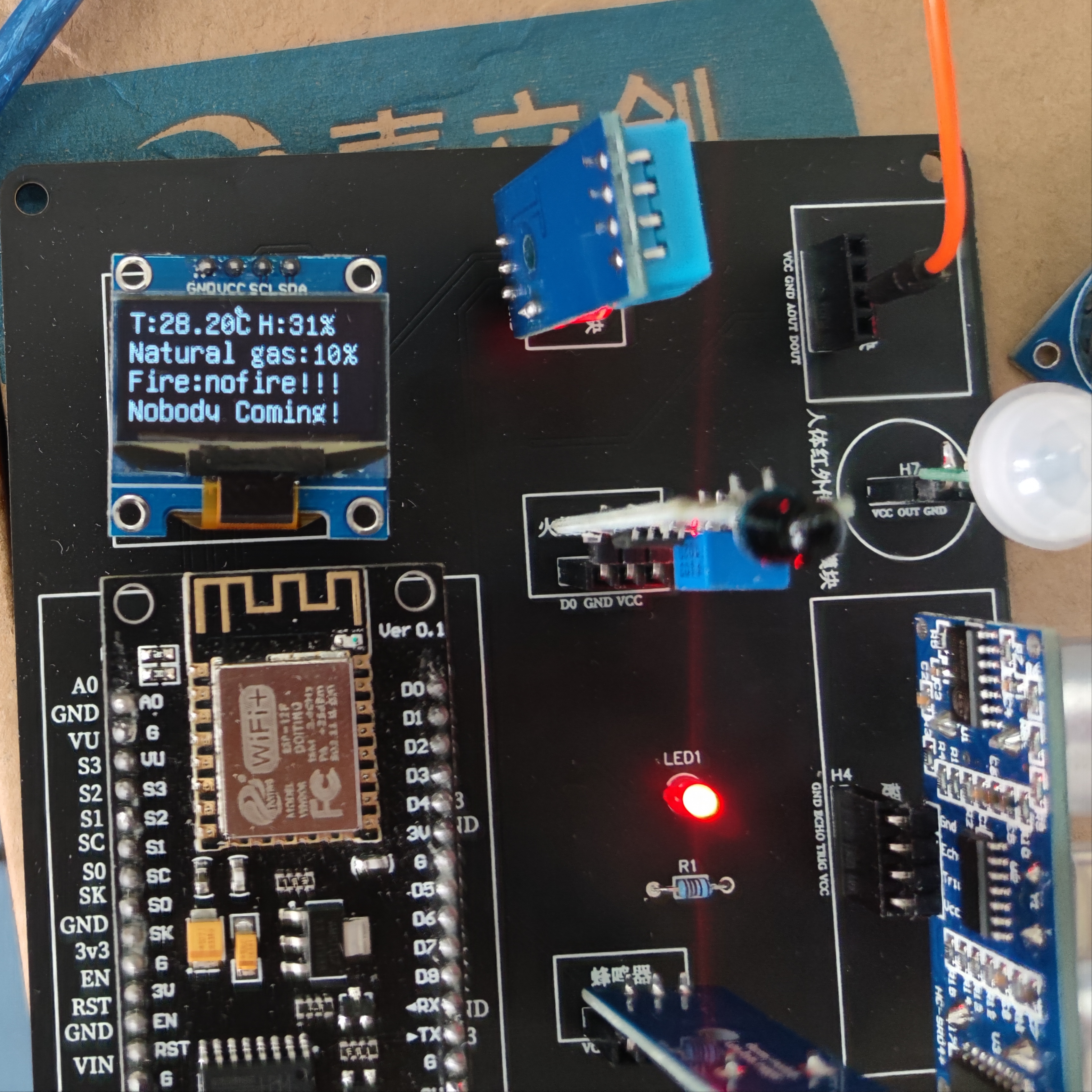一.splint介绍
splint是一个动态检查C语言程序安全弱点和编写错误的程序.splint会进行
多种常规检查,包括未使用的变量,类型不一致,使用未定义变量,无法执行的
代码,忽略返回值,执行路径未返回,无限循环等错误.
二.splint的安装
1.rpm安装
GTES 10.5和11版本已经整合有splint软件包,直接可以使用.
2.源代码安装
下载地址: http://www.splint.org/downloads/splint-3.1.2.src.tgz 源码包安装: # tar zxvf splint-3.1.2.src.tgz # cd splint-3.1.2 # ./configure # make install
三.splint的使用
1.空引用错误
在引用没有指向任何内存地址的指针时,会导致这种错误.也就是使用了一个没有赋值的指针.
splint支持一种特别的注释.这种注释写在C程序代码中,用于对程序进行特殊说明.
如下面这段程序.使用了进行了说明,表示说明*s的值可能会是NULL.
//null.c char firstChar1 ( char *s) { return *s; } char firstChar2 ( char *s) { if (s ==NULL) return '\0'; return *s; } //END
使用splint扫描这个程序时,会输出:
# splint null.c Splint 3.1.1 --- 28 Apr 2005 null.c: (in function firstChar1) null.c:3:11: Dereference of possibly null pointer s: *s null.c:1:35: Storage s may become null Finished checking --- 1 code warning found 由于firstChar1和firstChar2都使用了null说明,表示指针s可能是个NULL值. 所以,splint会对s值的使用情况进行检查.因为firstChar2函数中,对s的值进行 了NULL的判断.所以,没有对firstChar2函数的指针s输出警告信息.
2.未定义的变量错误
C语言中,要求先定义变量,而后才可使用.所以,当使用一个没有定义的变量时,编译就会出错.
如下例,使用说明的变量,表示必须进行定义.使用说明的变量,表示在 执行过此函数后,这个变量就进行了定义.
// usedef.c extern void setVal ( int *x); extern int getVal ( int *x); extern int mysteryVal (int *x); int dumbfunc ( int *x, int i) { if (i > 3) return *x; else if (i > 1) return getVal (x); else if (i == 0) return mysteryVal (x); else { setVal (x); return *x; } } // END
使用splint检查usedef.c
$ splint usedef.c Splint 3.1.1 --- 28 Apr 2005 usedef.c: (in function dumbfunc) usedef.c:7:19: Value *x used before definition An rvalue is used that may not be initialized to a value on some execution path. (Use -usedef to inhibit warning) usedef.c:9:18: Passed storage x not completely defined (*x is undefined): getVal (x) Storage derivable from a parameter, return value or global is not defined. Use to denote passed or returned storage which need not be defined. (Use -compdef to inhibit warning) usedef.c:11:22: Passed storage x not completely defined (*x is undefined): mysteryVal (x) Finished checking --- 3 code warnings //错误原因: 由于程序中没有对x进行定义,所以报未定义错误.但setVal()使用了说明,所以 在setVal(x);和return x;中,没有报未定义错误.
3.类型错误
C语言中的数据类型较多,各个之间有些细微差别.splint也可以对变量类型进行检查.
示例1:
//bool.c int f (int i, char *s,bool b1, bool b2) { if (i = 3) return b1; if (!i || s) return i; if (s) return 7; if (b1 == b2) return 3; return 2; } //END
使用splint进行检查:
$ splint bool.c Splint 3.1.1 --- 28 Apr 2005 bool.c: (in function f) bool.c:4:5: Test expression for if is assignment expression: i = 3 The condition test is an assignment expression. Probably, you mean to use == instead of =. If an assignment is intended, add an extra parentheses nesting (e.g., if ((a = b)) ...) to suppress this message. (Use -predassign to inhibit warning) // 错误原因: if语句中的条件表达式是一个赋值语句. bool.c:4:5: Test expression for if not boolean, type int: i = 3 Test expression type is not boolean or int. (Use -predboolint to inhibit warning) // 错误原因: if语句中的条件表达式的返回值,不是布尔型,而是整型. bool.c:4:8: Return value type bool does not match declared type int: b1 Types are incompatible. (Use -type to inhibit warning) // 错误原因: 返回值是布尔型,而不是整型. bool.c:5:6: Operand of ! is non-boolean (int): !i The operand of a boolean operator is not a boolean. Use +ptrnegate to allow ! to be used on pointers. (Use -boolops to inhibit warning) // 错误原因: "!"操作符的操作数不是布尔型,而是整型i. bool.c:5:11: Right operand of || is non-boolean (char *): !i || s // 错误原因: "||"操作符的右操作数不是布尔型,而是字符指针. bool.c:7:5: Use of == with boolean variables (risks inconsistency because of multiple true values): b1 == b2 Two bool values are compared directly using a C primitive. This may produce unexpected results since all non-zero values are considered true, so different true values may not be equal. The file bool.h (included in splint/lib) provides bool_equal for safe bool comparisons. (Use -boolcompare to inhibit warning) // 错误原因: 使用"=="对两个布尔型进行比较.应该使用"&&". Finished checking --- 6 code warnings
示例2:
//malloc1.c #include <stdlib.h> #include <stdio.h> int main(void) { char *some_mem; int size1=1048576; some_mem=(char *)malloc(size1); printf("Malloed 1M Memory!\n"); free(some_mem); exit(EXIT_SUCCESS); } //END
使用splint检查malloc1.c
$ splint malloc1.c Splint 3.1.1 --- 28 Apr 2005 malloc1.c: (in function main) malloc1.c:9:25: Function malloc expects arg 1 to be size_t gets int: size1 To allow arbitrary integral types to match any integral type, use +matchanyintegral. Finished checking --- 1 code warning
修改变量size1的定义为:
size_t size1=1048576;
再使用splint进行检查.
$ splint malloc1.c Splint 3.1.1 --- 28 Apr 2005 Finished checking --- no warnings
没有检查到错误.
4.内存检查
缓冲区溢出错误是一种非常危险的C语言错误,大部分安全漏洞都与它有关.splint可以
对缓冲区的使用进行检查.报告溢出或越界错误.
示例1:
//over.c int main() { int buf[10]; buf[10] = 3; retrun 0; } //END
使用splint进行检查
$ splint over.c +bounds +showconstraintlocation Splint 3.1.1 --- 21 Apr 2006 Command Line: Setting +showconstraintlocation redundant with current value over.c: (in function main) over.c:6:3: Likely out-of-bounds store: buf[10] Unable to resolve constraint: requires 9 >= 10 needed to satisfy precondition: requires maxSet(buf @ over.c:6:3) >= 10 A memory write may write to an address beyond the allocated buffer. (Use -likely-boundswrite to inhibit warning) Finished checking --- 1 code warning
数组buf的大小是10字节.最大可使用的元素位置为buf[9],但程序中使用了buf[10].
所以报错.
示例2:
// bound.c void updateEnv(char *str) { char *tmp; tmp = getenv("MYENV"); if(tmp != NULL) strcpy(str,tmp); } void updateEnvSafe(char *str, size_t strSize) { char *tmp; tmp = getenv("MYENV"); if(tmp != NULL) { strncpy(str, tmp, strSize -1); str[strSize - 1] = '/0'; } } //END
$ splint bound.c +bounds +showconstraintlocation Splint 3.1.1 --- 21 Apr 2006 Command Line: Setting +showconstraintlocation redundant with current value bound.c: (in function updateEnv) bound.c:6:19: Possible out-of-bounds store: strcpy(str, tmp) Unable to resolve constraint: requires maxSet(str @ bound.c:6:26) >= maxRead(getenv("MYENV") @ bound.c:5:9) needed to satisfy precondition: requires maxSet(str @ bound.c:6:26) >= maxRead(tmp @ bound.c:6:30) derived from strcpy precondition: requires maxSet(<parameter 1>) >= maxRead(<parameter 2>) A memory write may write to an address beyond the allocated buffer. (Use -boundswrite to inhibit warning) 错误原因: 由于使用strcpy函数时,没有指定复制字符串的长度,所以可能导致缓冲区 溢出.后面的updateEnvSafe函数,使用了strncpy进行字符串复制,避免了这种情况.







 已为社区贡献1条内容
已为社区贡献1条内容

所有评论(0)